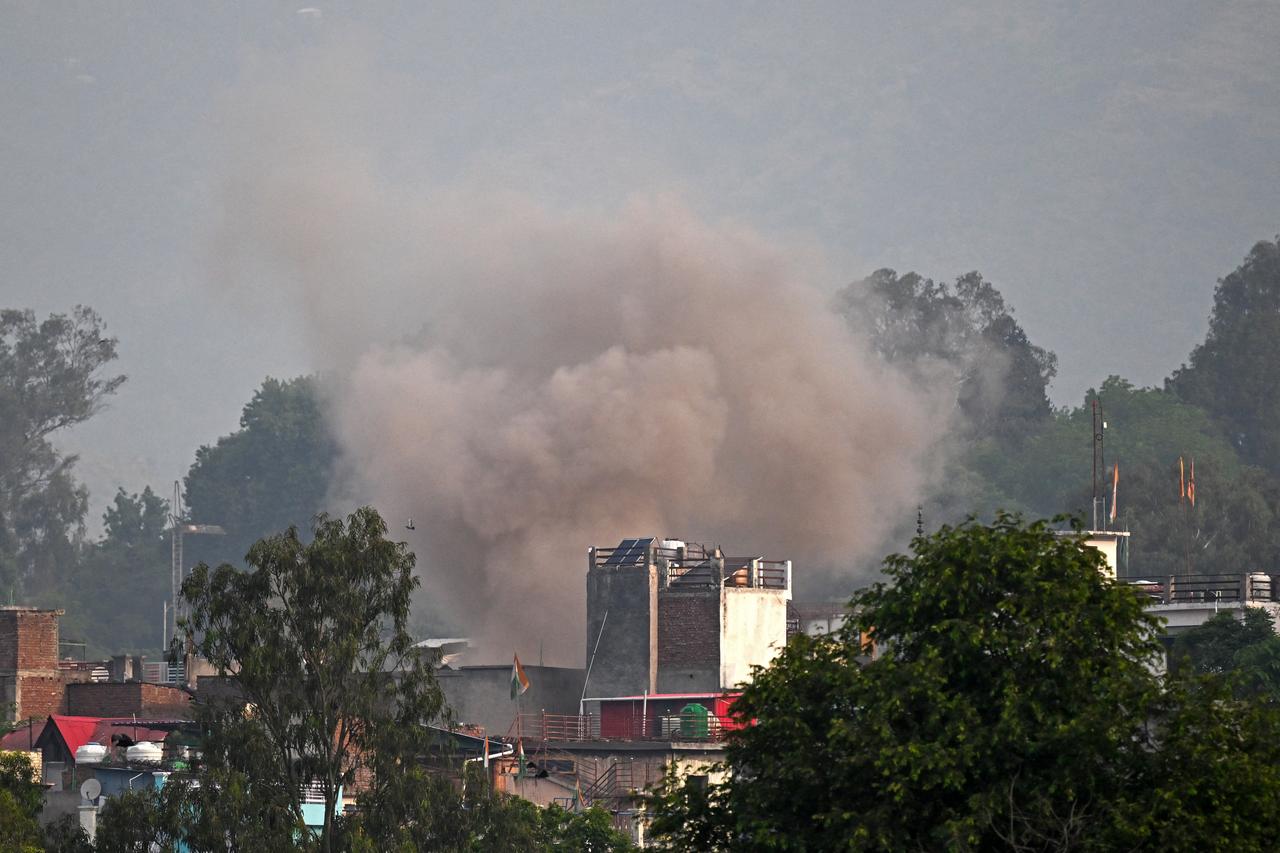
Pakistan’s military has confirmed that the death toll from India’s missile strikes has increased to 26, with 46 others reported injured. The attacks targeted several locations in Pakistan, including mosques and health clinics.
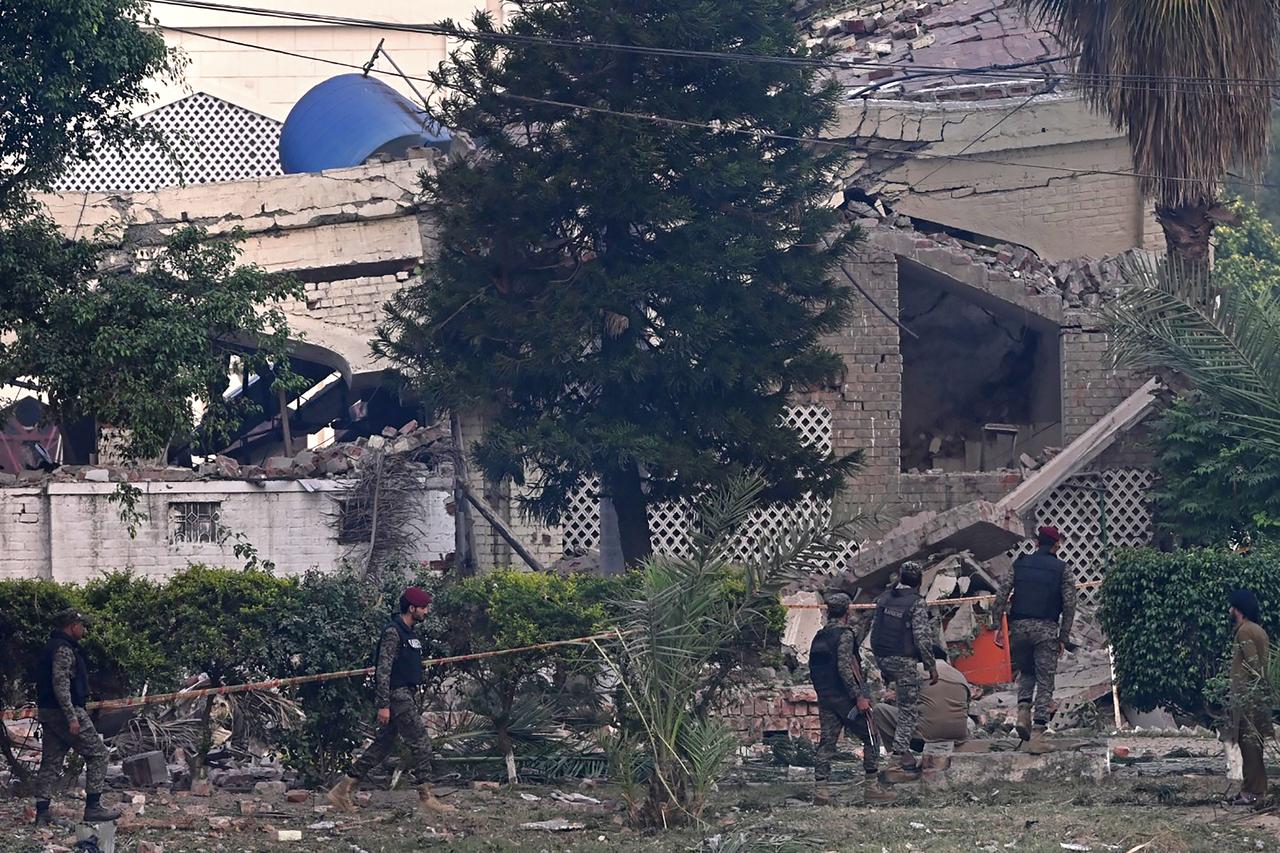
In a press statement, Major General Ahmed Sharif Chaudhry, Director General of the Pakistan Army's Public Relations (ISPR), confirmed that the number of fatalities from India's missile strikes had reached 26, with 46 people injured.
The strikes hit several regions in Pakistan, including the city of Bahawalpur, where a missile attack on a mosque killed 13 people, including women and children. Additionally, 37 people were wounded in the attack.
Chaudhry added that the missile strikes, which originated from India, had caused significant damage to civilian infrastructure, including mosques and health clinics. The Pakistani military has stated that India fired missiles at multiple cities, including Bahawalpur, Muridke, Bagh, Muzaffarabad, and Kotli.
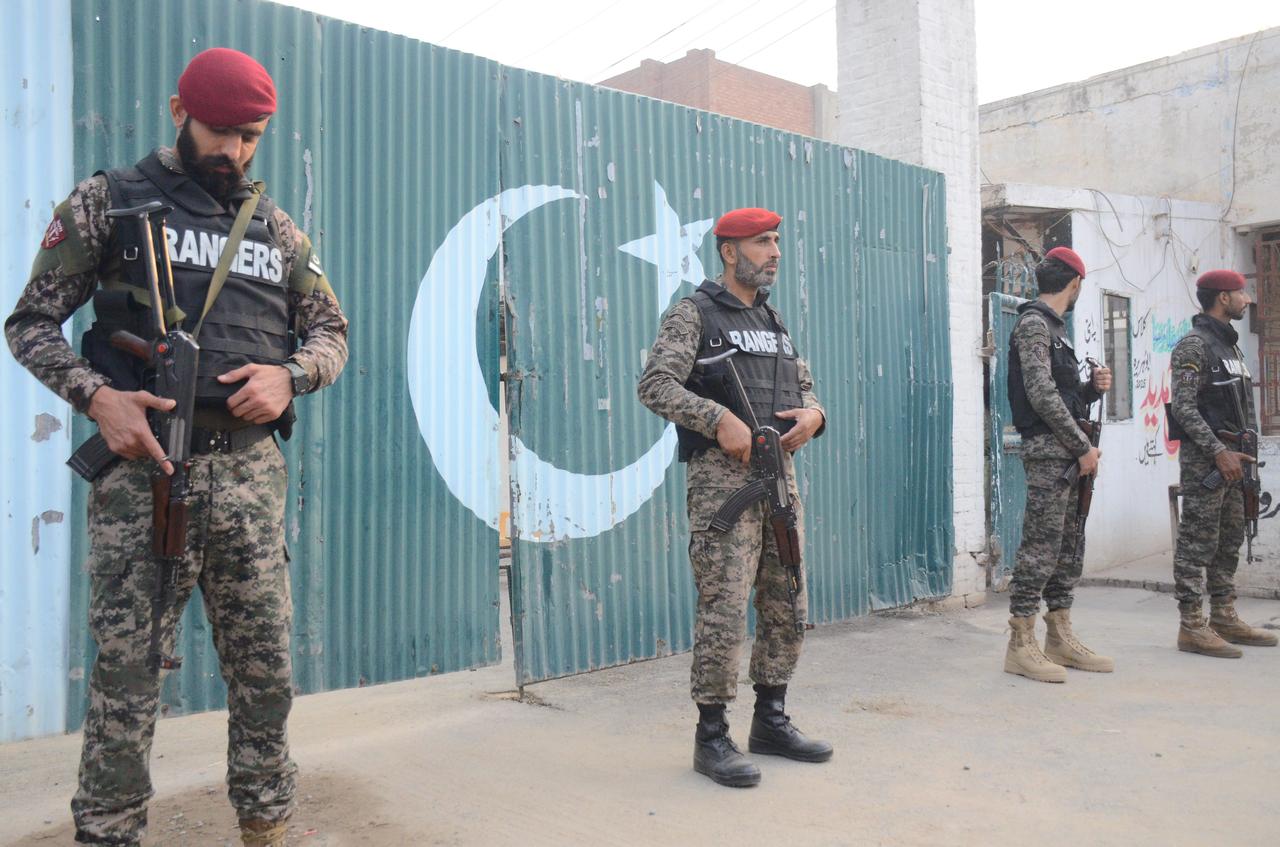
The missile attacks were launched by India on May 6, in retaliation for a terrorist attack that occurred in the Pahalgam region of Indian-administered Kashmir on April 22, which left 26 people dead.
India claimed that the strikes were aimed at disrupting "terrorist organizations" in Pakistan, but Pakistan has denied any involvement in the attack and has condemned India’s actions as an unjustified escalation.
The Indian military stated that it successfully targeted nine sites, which it described as being linked to "terrorist activities." Pakistan, on the other hand, reported that six civilian sites had been targeted by the Indian strikes, resulting in eight deaths, 35 injuries, and two people missing.
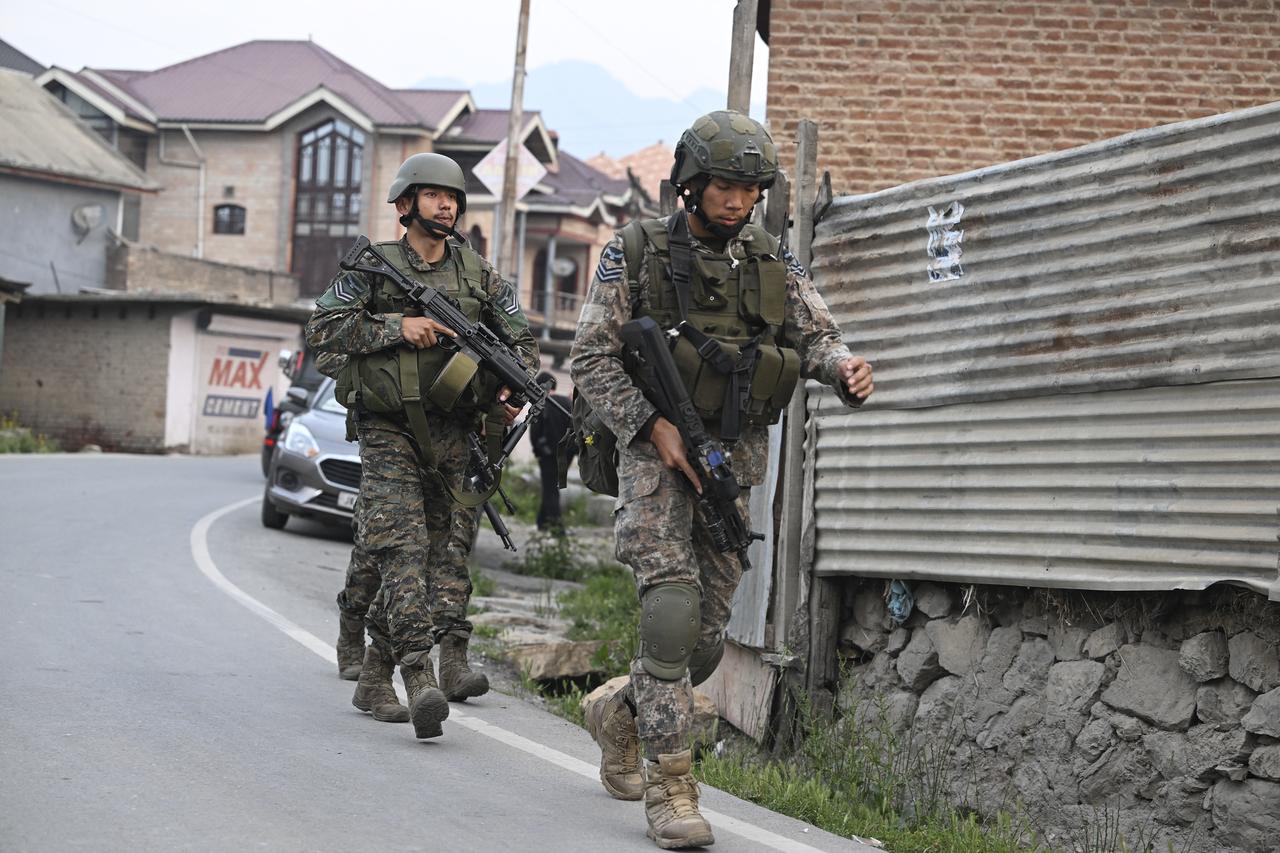
The escalation between the two nuclear-armed neighbors began after the Pahalgam attack, with both sides accusing each other of cross-border terrorism.
Pakistan's military announced that it had shot down five Indian fighter jets in response to the missile strikes. However, India has denied these claims, stating that no aircraft were downed during the confrontation.
Pakistan’s military spokesperson, Chaudhry, clarified that no Indian aircraft were allowed into Pakistani airspace, and likewise, no Pakistani aircraft entered India’s airspace.
He emphasized that the Pakistani military responded to India’s aggression in self-defense, targeting several Indian checkposts, including those in Chhatri, Jura, Sarlia-1, and a unit battalion headquarters.
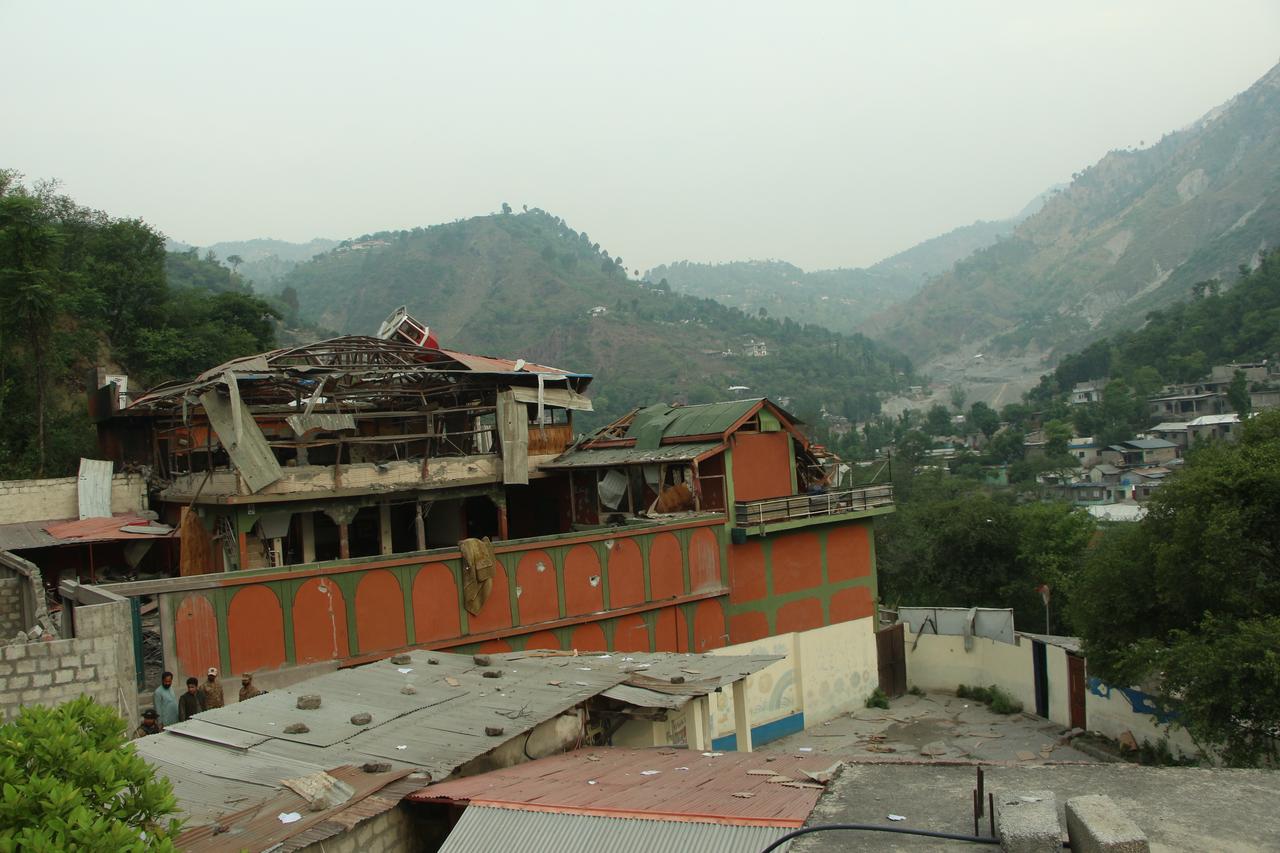
The escalating situation has drawn international concern. U.S. Secretary of State Marco Rubio has called for both nations to seek a peaceful resolution. Rubio stated, "I am monitoring the situation between India and Pakistan closely, and I echo @POTUS' comments... that this hopefully ends quickly and will continue to engage both Indian and Pakistani leadership towards a peaceful resolution." .
In response to the tensions, Pakistan closed its airspace for 48 hours, while several airports in northern India, including Srinagar, Jammu, and Amritsar, were temporarily closed for commercial operations. International airlines, such as Qatar Airways, suspended flights to Pakistan, citing the closure of Pakistani airspace.
Pakistan has also expressed concerns about the targeting of critical infrastructure, particularly hydro-power facilities. Pakistan’s military spokesperson, Chaudhry, condemned India for targeting the Nauseri Dam structure of the Neelum-
Jhelum Hydropower Project, calling it an "unacceptable and dangerous escalation."
The escalating situation prompted heightened security measures in both countries, with Islamabad's police force placed on high alert and key locations secured in the capital.
TWEET: Pakistan reports 26 deaths in Indian missile strikes, with 46 others injured. Tensions between India and Pakistan escalate following recent attacks